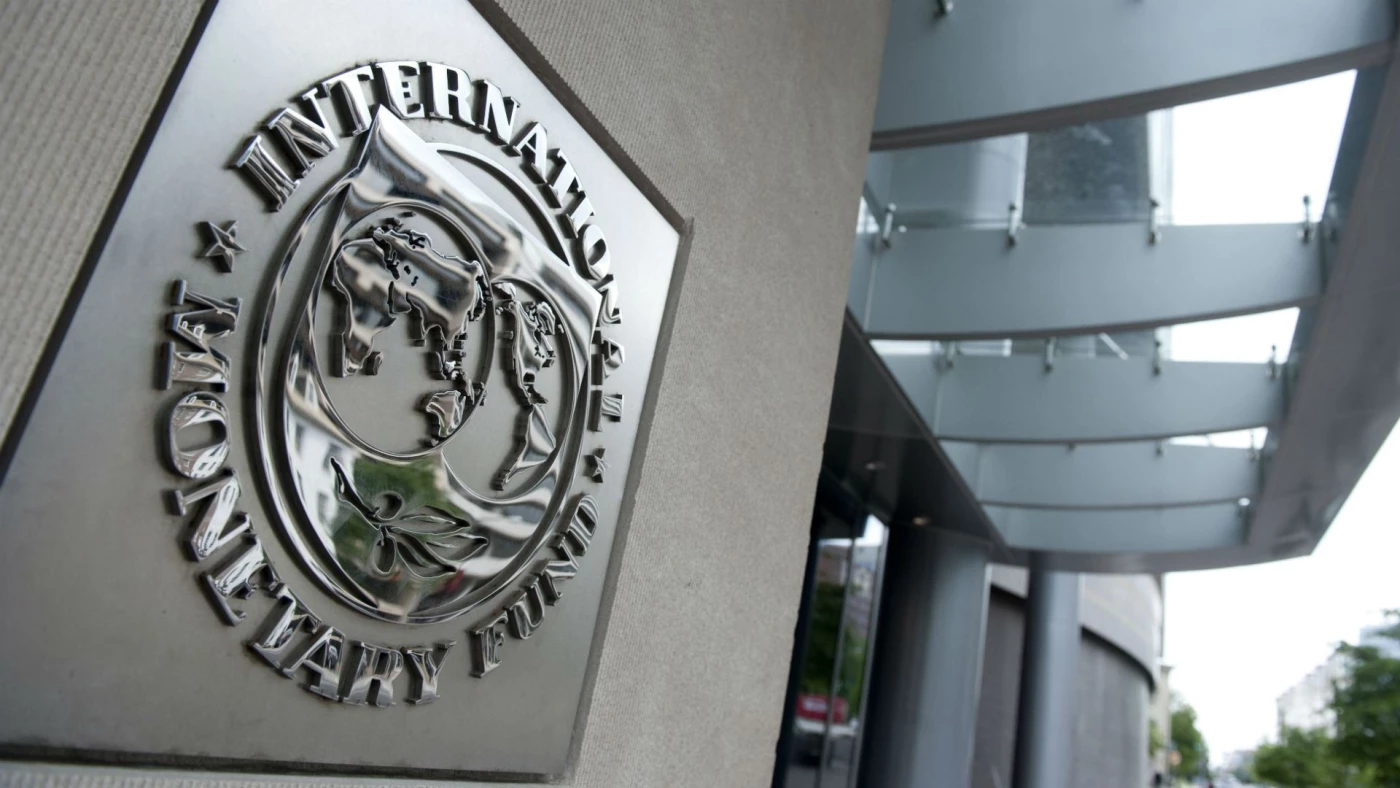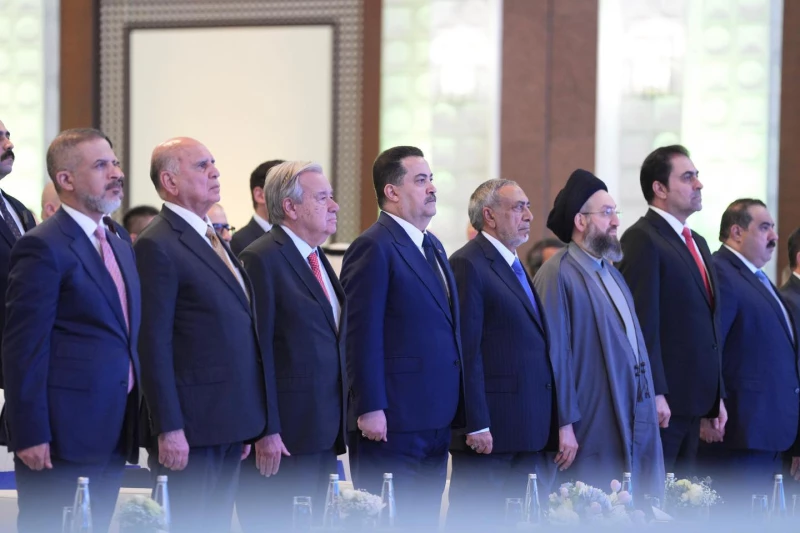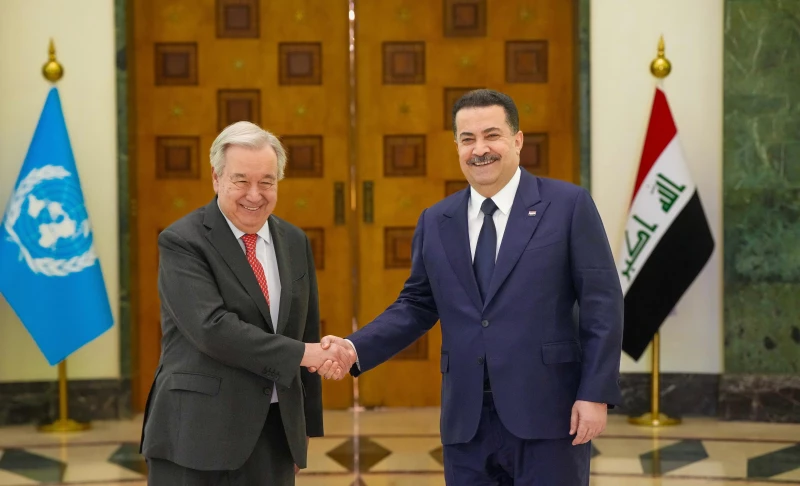The International Monetary Fund (IMF) supports Iraqi reforms towards financial sustainability, the IMF mission head in Iraq said on Monday.
In an interview with the Iraqi state newspaper on Monday, Gazi Shbaikat, the head of the International Monetary Fund (IMF) mission in Iraq, expressed support for Iraqi reforms aimed at achieving financial sustainability, distancing Iraq from potential crises in the oil market, which it relies on to cover its annual expenses. He predicted growth in the Iraqi economy in the coming years.
The IMF expects growth in Iraq’s macroeconomy alongside government reforms addressing overall economic issues, Shbaikat told Iraqi state newspaper.
"The Iraqi government is serious about implementing these reforms, strengthening its relationship with the IMF, and encouraging cooperation to support the economy," he said.
Shbaikat emphasized the importance of creating financial sustainability by reviving productive and service sectors and maintaining a local capital cycle.
He advised focusing on the labor market and creating private sector benefits comparable to the public sector to reduce unemployment.
He highlighted the need for a competitive financial sector to create a robust financial system with advanced, secure, and transparent services, ultimately achieving financial sustainability.
The Ministry of Planning in Iraq reported that the population surpassed 41 million by the end of 2021, with an expected increase to 42 million in 2022.
Ministry spokesperson Abdul Zahra al-Hindawi revealed that 62 percent of workers are employed in the private sector, while 38 percent work in the public sector.
Additionally, nine percent of the youth workforce is employed below their skill level, and 37 percent are either unemployed, uneducated, or undertrained.
Despite years of conflict, Iraq is experiencing a rise in entrepreneurship. A report by Equal Times highlighted the challenges faced by the private sector since 2003, including civil wars and the fight against ISIS.
Recognizing the need for reform, the Iraqi government published a strategy in 2014 to develop the private sector by 2030, aiming for it to contribute at least 60% of GDP and reduce unemployment by four percent.



 Facebook
Facebook
 LinkedIn
LinkedIn
 Telegram
Telegram
 X
X


